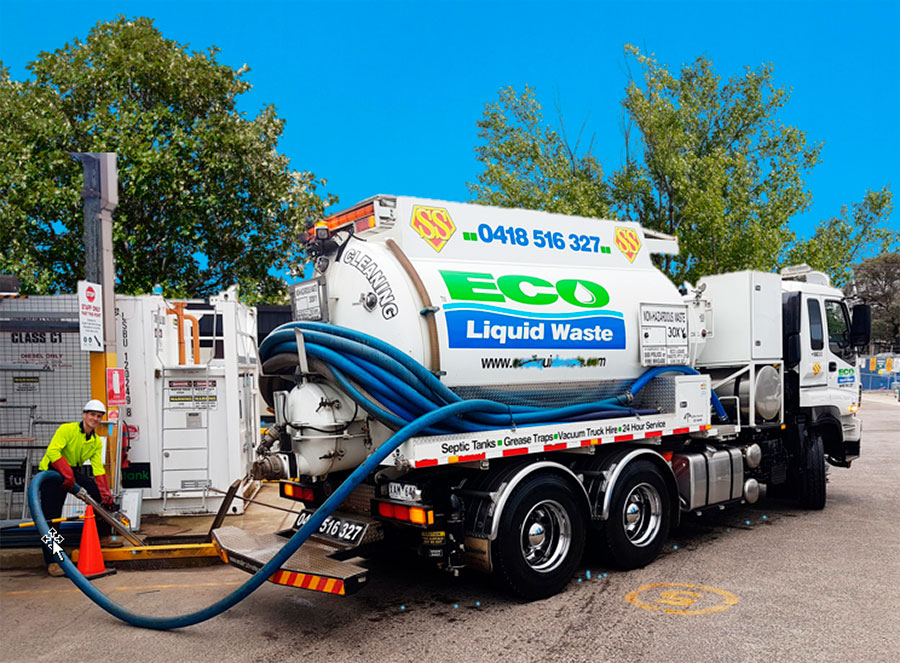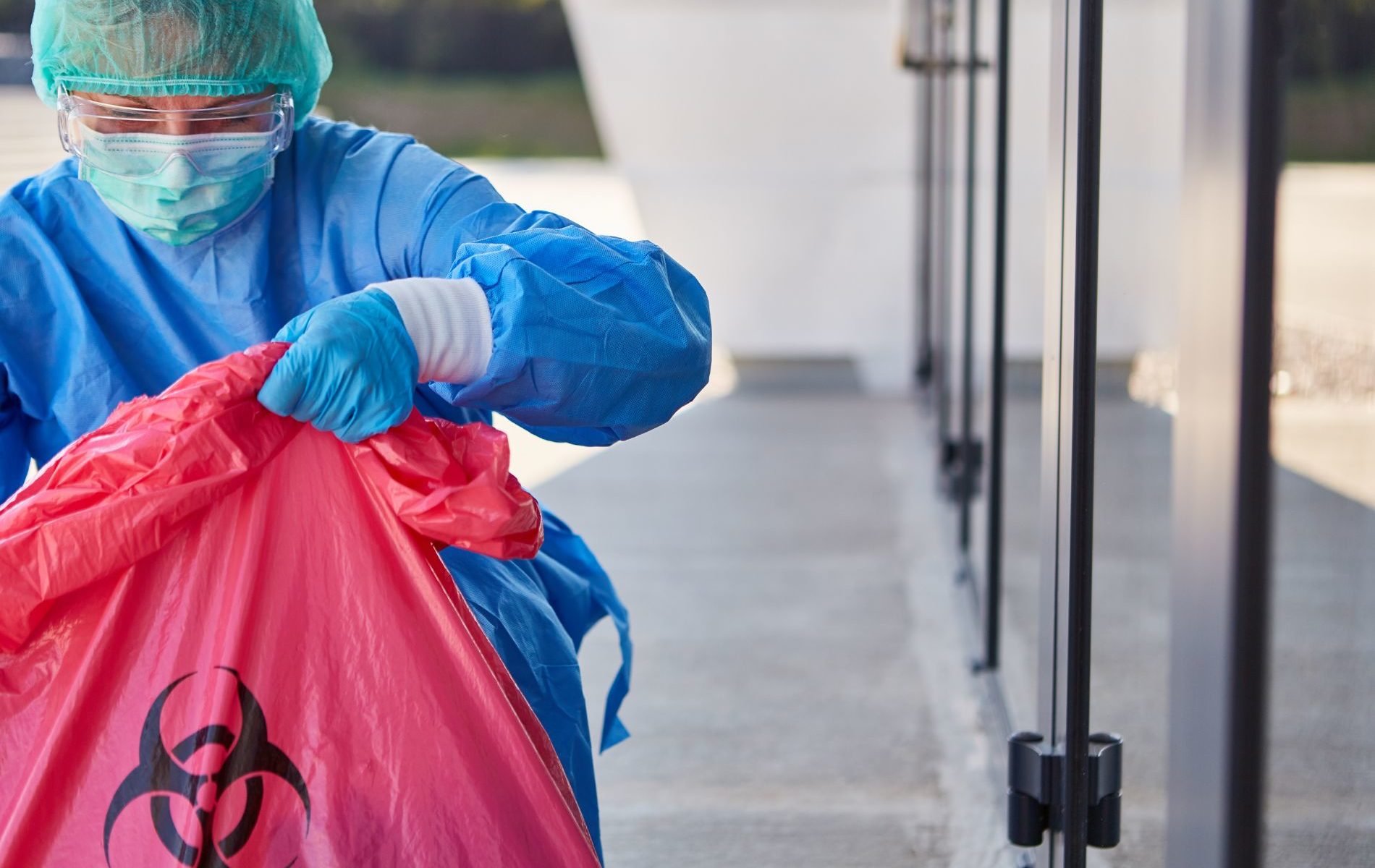Some Of Reclaim Waste
Some Of Reclaim Waste
Blog Article
The 4-Minute Rule for Reclaim Waste
Table of ContentsEverything about Reclaim WasteSome Known Factual Statements About Reclaim Waste Some Known Incorrect Statements About Reclaim Waste 10 Simple Techniques For Reclaim WasteReclaim Waste - Truths
Check out the types, events, and types of liquid waste. Residential sewage waste describes the waste and products from a residential septic tank. This sort of waste is produced by human beings in homes, schools, and various other structures. This only consists of sewage-disposal tanks that have a drainpipe field. The appropriate administration and disposal of residential sewage waste require liquid waste to be moved to a sewage treatment plant where the proper approaches and equipment are used to purify and get rid of waste.
Industrial waste frequently includes prospective threats, such as flammable products or a combination of fluid and solid waste products, and calls for an extra advanced and thorough disposal procedure. The disposal of industrial waste typically includes the filtering of waste prior to transport to ensure safe and appropriate disposal. Industrial waste is produced from by-products and overflow of commercial procedures and production.
This kind of waste can not utilize the exact same sewage administration transportation or processes as septic or industrial fluids. The hazardous waste administration procedure needs the examination and testing of fluid waste before it goes through the disposal process (industrial wastewater treatment). Runoff waste is the fluid waste that originates from runoff and excess stormwater in highly inhabited areas or cities
Runoff waste can create contamination and flooding otherwise taken care of properly. Discover more about sewer cleansing and waste monitoring. Ensuring correct waste administration can prevent disasters and decrease ecological injury. Both individuals in property setups and specialists in business or manufacturing sectors can profit from recognizing the procedures and guidelines of fluid waste management.
Reclaim Waste for Beginners
Get in touch with PROS Services today to learn more about our waste monitoring and disposal services and the appropriate means to take care of the fluid waste you produce.
(https://www.pubpub.org/user/leon-aube)Do you know what takes place to your water when you draw the plug, flush the commode or drain the cleaning maker? No? Well, it's worth understanding. This supposed 'wastewater' is not only an important source but, after therapy, will be launched to our land, rivers or the sea. Used water from bathrooms, showers, bathrooms, cooking area sinks, laundries and industrial processes is referred to as wastewater.

water used to cool down equipment or tidy plant and equipment). Stormwater, a kind of wastewater, is runoff that streams from agricultural and city areas such as roof coverings, parks, yards, roads, courses and seamless gutters into stormwater drains pipes, after rain. Stormwater streams untreated straight to regional creeks or rivers, at some point reaching the ocean.
An Unbiased View of Reclaim Waste
In Queensland, most wastewater is treated at sewage treatment plants. Wastewater is moved from residential or industrial websites with a system of sewage systems and pump terminals, called sewage reticulation, to a sewer therapy plant. Neighborhood federal governments build, maintain and run most sewer therapy plants. Operators are accredited under the Environmental Defense Act 1994 to release cured wastewater at an appropriate ecological requirement into waterways.
The Division of Natural Resources advises city governments concerning handling, operating and preserving sewerage systems and therapy plants. In unsewered locations, regional governments might call for homeowners to set up individual or house sewer treatment systems to treat residential wastewater from toilets, cooking areas, washrooms and washings. The Department of Natural Resources authorizes making use of household systems when they are proven to be reliable.
In some new communities, treatment of some stormwater to get rid of trash, sand and gravel has actually started making use of gross contaminant catches. Wastewater treatment happens in 4 stages: Eliminates strong matter.
Wastewater after that streams right into large containers where solids work out and are click here to read removed as sludge. Oil and residue are skimmed from the surface. Utilizes little living organisms called micro-organisms to break down and eliminate continuing to be liquified wastes and great particles. Micro-organisms and wastes are integrated in the sludge. Removes nitrogen and phosphorus nutrients that can cause algal flowers in our waterways and endanger marine life.
Unknown Facts About Reclaim Waste
Nutrient removal is not available whatsoever sewage treatment plants due to the fact that it requires expensive specialised equipment. It is coming to be a lot more typical in Queensland. Clear fluid effluent created after treatment may still consist of disease-causing micro-organisms. If this effluent is launched right into waterways such as rivers or the sea, the micro-organisms will eventually die out.

This usually indicates wastewater needs to be dealt with or contaminants gotten rid of prior to it can be released to waterways. Many wastewater streams into the sewage system. Under the Act, city governments administer approvals and permits for environmentally relevant tasks (Ages) including wastewater releases that may have a local impact. The department carries out approvals and licences to Ages entailing wastewater releases that could have a regional or statewide influence.
Reclaim Waste Things To Know Before You Get This
Monitoring offers factual details about water high quality and can verify that licence problems are being satisfied. The info gotten with surveillance provides the basis for making water top quality decisions.
Report this page